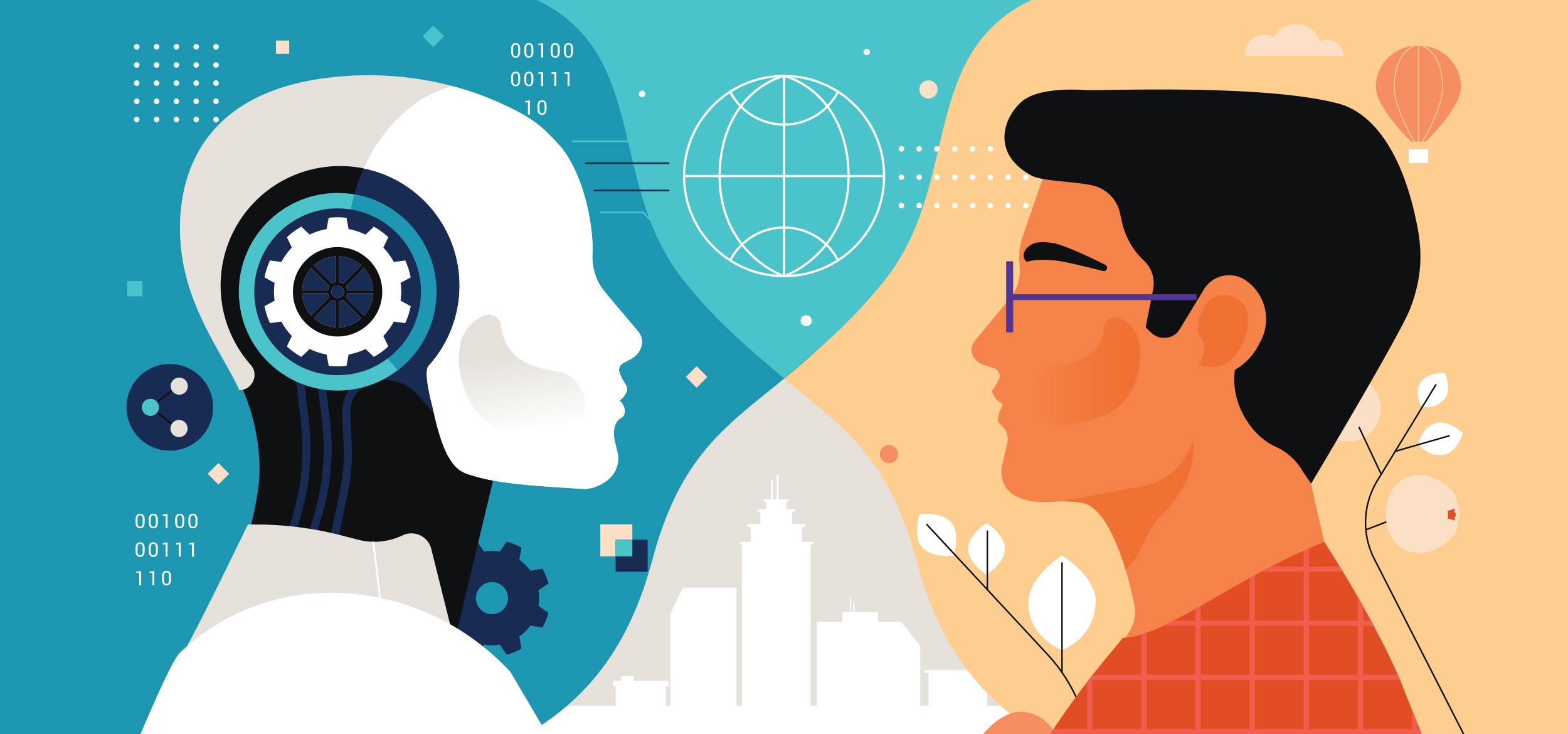On October 30, 2023, the White House issued an Executive Order (EO) on the Safe, Secure, and Trustworthy Development and Use of Artificial Intelligence. The EO discusses the wide-reaching potential for both positive and negative effects that AI could have on our current and future society. It also puts forward several directives to help craft possible policies, plans, or recommended regulatory actions necessary to guide the future toward positive outcomes and mitigate any harmful, negative, or unintended consequences.
AI Readiness: What is our tolerance for and acceptance of AI in everyday life and in business?
The timing of the EO will be considered late by some and premature by others. However, given the surge of AI infiltration into all aspects of our lives, we believe it was only a matter of time before regulatory, oversight, or governance became part of the conversation—since it can profoundly affect human lives.
Similarly, the public hasn’t expressed a unified sentiment on the matter. Put simply, the question exists, “are we ready to adopt an AI-first mindset?” Our supposition is “not yet,” and we believe there will be many studies forthcoming to investigate all aspects of humans’ relationship to AI. For example, Avanade recently published results from its survey in its AI Readiness Report1 which questioned more than 3,000 business and IT executives around the world through quantitative and qualitative research. The survey sought to discern if these executives and companies were ready to “harness the full potential of generative AI through the use of tools such as Microsoft Copilot,” a relatively easy-to-access, multi-purpose AI tool.
Ninety-two percent of respondents agreed their organization needed to shift to an AI-first operating model within the next 12 months to stay competitive.
But less than half said their organizations “have put in place a complete set of specific guidelines/policies for responsible AI.” While the majority (63%) said “they’ll need some new skills or a completely new set of skills by the end of 2024 to seize AI’s benefits,” 94% plan to “increase their digital investments in 2024 to accelerate their AI journey.”
Even though this audience represents a small subsection of the population, and it most likely consists of more self-described early tech adopters than the general public, these findings still speak volumes. AI is seeping into every aspect of our home and work lives, and it is time to learn how to utilize it for the good it can provide (while preventing any harm it can cause).
AI and Healthcare
Specific to the many lines of business we support, the White House EO outlines directives to protect consumers, patients, and students. The EO tasks multiple departments of the government, like the Department of Health and Human Services (HHS) (in consultation with the secretaries of defense and veterans affairs), to stand up a specific AI task force. This new task force will develop framework(s) on the responsible deployment and use of AI and AI-enabled technologies in the health and human services sector. This is incredibly important as it relates to research, drug and device safety, healthcare delivery, and even public health.
The task force will also be responsible for identifying the appropriate guidance and resources to support such issues as the incorporation of equity principles into AI-enabled technology, as well as safety and security protocols for protection of personally identifiable information (PII). We believe this is a great step in the right direction, as safety, equity and security in healthcare are nonnegotiable.
AI and Language Services
At Propio, we support technological advancements of all kinds, but understand the responsibility that must accompany their use. As providers of language services, like remote interpretation, translation, and localization services—in addition to offering the scheduling technology necessary to organize large-scale systems for any size of enterprise—we understand the power technology will have in solving the next generation of language needs. As the world becomes more and more global, the need for stronger, faster, and more meaningful ways to communicate with one another will grow exponentially.
Technology can be incredibly advantageous for streamlining business operations and quantifying data quickly and accurately. For example, our proprietary technology helps us schedule a vast network of interpreters for healthcare systems, and our Propio ONE app makes the process of connecting interpreters via phone or video remarkably easy and reliable. However, the importance of security and privacy, especially regarding client data and Patient Health Information (PHI), remains our top priority when developing or considering new technology.
We are excited about what’s here and what’s to come on the horizon of technology—including advancements in AI but understand there is still much to be learned in this arena as it relates to regulating data storage and privacy. As a result of our stewardship and responsibility for our clients’ data, we will take a measured and considered approach to the inclusion of AI into our technology toolkit.









